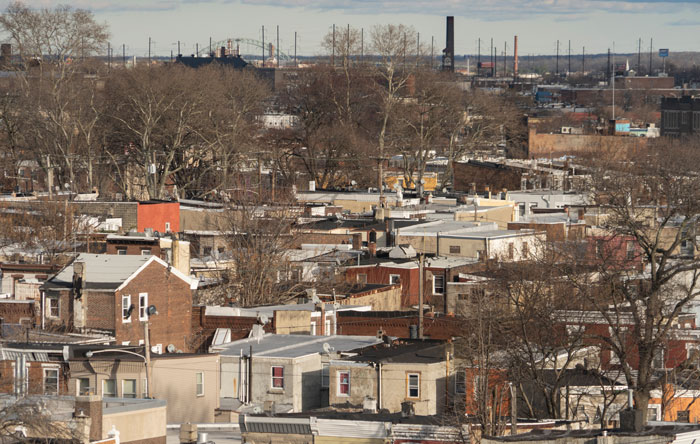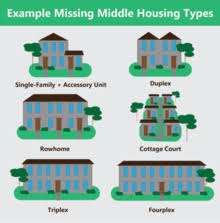
The areas where your efforts as a house flipper may assist society the most are low-income neighborhoods, towns, cities, and regions.
You are given the opportunity to use your investing activity to give back to the community rather than taking advantage of its affordable housing to snare it. Your contributions may also be advantageous.
Lack of knowledge about the benefits of house flipping in low-income regions is the largest obstacle to getting started. You can fix that by taking a deeper look at the circumstance. Continue reading to get started.
Investors Thrive in Low-Income Neighborhoods
Real estate investors can achieve greatness in low-income neighborhoods. Your interest charges might also be cut because you won’t need to borrow as much money to close deals because the average property value is lower.
It might be simpler to succeed if you play your cards right because these advantages can result in bigger profit margins than you’d typically be able to command in middle-class communities. But it’s vital to remember that there are certain limitations.
The fact that residents in low-income regions have less money to buy renovated residences, in particular, will somewhat offset decreasing home buying costs.
As a result, you’ll need to carefully calibrate the changes you plan to make to take into account the purchasing power of local consumers. If no one can afford the house, it serves no purpose in increasing its worth and does nothing to benefit the community.
Communities Also Benefit from Flippers
Flipping homes in disadvantaged neighborhoods benefits more than just investors. Communities benefit from it as well. And if you want to be a moral and prosperous house flipper in these locations, you must understand why that is the case.
Any municipality will benefit much by renovating dilapidated houses, at the very least. It’s indisputable that communities are much nicer places to live in when things appear fresh, even if you’re just applying another coat of paint.
And when you flip houses in low-income regions, the community won’t have to invest money to benefit from witnessing those upgrades.
Additionally, you can hire local vendors contractors. Your payment to them for home repairs will immediately be reinvested in the neighborhood, boosting further economic growth.
It’s unlikely that you’ll be employing that many people to have a significant economic impact on its own, but every little bit helps.
Invest Responsibly
The first crucial stage in flipping homes in low-income communities is to develop into a well-rounded and informed investor.
To optimize your positive effects on the neighborhood, you should take the time to educate yourself on the moral and ethical ramifications of your work in low-income communities.
Conclusion
Flipping houses in low-income areas can be a great way to profit while helping revitalize struggling neighborhoods.
Not only can you make money by selling the renovated home at a higher price, but you can also help to increase property values in the area, making it a win-win for everyone involved.
If you’re thinking of flipping houses, be sure to do your research and work with experienced professionals to ensure a successful outcome.
Evergreen Investments can assist if you have plans of flipping a house for profit. We effectively connect homeowners to wealth-building opportunities from their residential real estate assets through homeownership. Contact us today for a consultation.




0 Comments